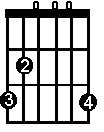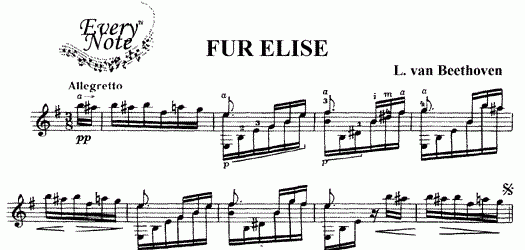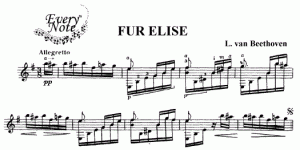We had a great recital at the Hands on Children Museum in Olympia, WA with some of guitar and voice students. They got to show off some of the music they’ve been working on in their guitar and voice lessons. For many of them this was their first time performing in front of an audience. It was a loud environment so there is a lot of background noise in the videos. For the best listening experience watch these on a desktop computer or through a sound system. Videos Below…
Archives for January 2013


Student Blog | Megan – Stupid G
Stupid, stupid, stupid, STUPID! Stupid. Stupid.
When Joey first told me about “Stupid” G, I failed to grasp its power. I walked out of the studio thinking, “Great! Another way to play ‘G.’ I like variation.“
Ha!
It wasn’t until I got home and started practicing that I tried getting from a “C” to a “Stupid G.” That’s when I realized that the “stupid” in the title wasn’t referring to the simplicity of the chord, but to me- or more accurately to my left pinky finger.
I’ve always considered myself dexterous. Years ago I used to interpret sign language and I was a crazy-fast finger-speller. Now my fingers just feel fat and well, stupid.
 I’m frustrated because I want to be able to play the chord easily NOW. I’m frustrated because I like the song I’m working on and I just can’t play it. I’m frustrated because the only things that are stopping me from being able to do it are time and effort.
I’m frustrated because I want to be able to play the chord easily NOW. I’m frustrated because I like the song I’m working on and I just can’t play it. I’m frustrated because the only things that are stopping me from being able to do it are time and effort.
I am learning something about myself. I am not a nose-to-the-grindstone kind of student. I rarely just sit and work through one phrase for 20 minutes until I get it. (Unless it really is just mindless repetition in front of the TV.) I work better when I try seven or eight times, move on to something else and come back later. I play a different section of the piece I’m working on, practice my scales, or play old songs for confidence. Sometimes I even leave my guitar out of the case, picking it up in 10 or 15-minute increments every few hours during the day.
Right now, for example, I’m taking a break from my frustration to write. It’s probably not a highly acclaimed study technique, but it seems to be working. Something happens when I walk away and come back. My fingers and my guitar seem better prepared to peaceably work out their differences- and I am less likely to call anything- or anyone- “stupid.”
instructors comment…..a long time ago a student of mine, fed up with a certain fingering of the G chord (seen below), called it “stupid G”. Then knowing it would make me laugh, called it that every time we worked through it. So the name has become an inside joke. If you’re not sure why we would call it that, try the fingering and it will probably make sense. It’s that darn pinky stretch. 🙂 Joey

Stop Practicing That Mistake! – Advice for working through difficult passages
Everyday, our bodies use this cool thing called muscle memory. It’s the automatic reaction that your body learns after doing something so many times (like always grabbing your toothbrush with your right hand and the toothpaste with your left). Half the time you probably don’t even realize that your muscles have learned this little trick, but it’s very blatant once you try to perform the learned pattern differently.
 When you are practicing the piano, muscle memory is incredibly useful and helpful – unless you use it wrong. Example: Say you’re playing Fur Elise. Frankly you play fantastically, however at the beginning of the third line is an impossible jumble of notes and accidentals that you can never quite get right. Being the perfectionist that you are you immediately stop and replay that chord until you finally get it aaaaaand continue with your masterpiece! Voila! Fantastic! If you continue this pattern you surely will get that nasty chord the first time eventually…right? Wrong! See even though your brain eventually will learn those note names perfectly, your muscles have memorized the pattern of stopping and replaying, stopping and replaying. Thus you’re actually practicing messing up even while you’re trying to fix messing up!
When you are practicing the piano, muscle memory is incredibly useful and helpful – unless you use it wrong. Example: Say you’re playing Fur Elise. Frankly you play fantastically, however at the beginning of the third line is an impossible jumble of notes and accidentals that you can never quite get right. Being the perfectionist that you are you immediately stop and replay that chord until you finally get it aaaaaand continue with your masterpiece! Voila! Fantastic! If you continue this pattern you surely will get that nasty chord the first time eventually…right? Wrong! See even though your brain eventually will learn those note names perfectly, your muscles have memorized the pattern of stopping and replaying, stopping and replaying. Thus you’re actually practicing messing up even while you’re trying to fix messing up!

